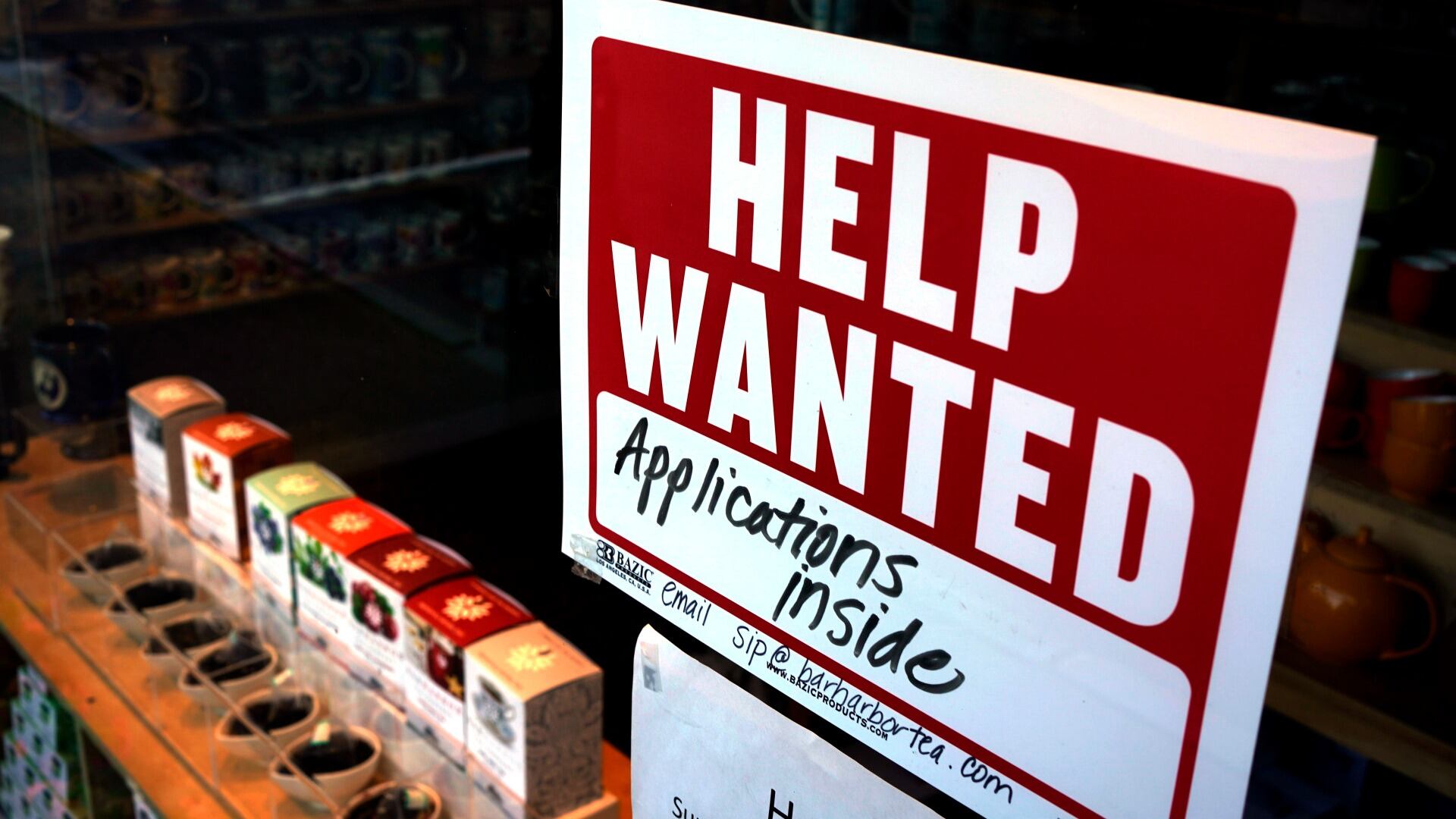The U.S. labor market continues to flex its muscle as applications for jobless claims fell again last week and remain at healthy levels in the face of high interest rates and inflation.
Applications for unemployment benefits dropped by 11,000 to 239,000 for the week ending August 12, down from 250,000 the previous week, the Labor Department reported Thursday.
The four-week moving average of claims, which softens some of the week-to-week volatility, rose by 2,750 to 234,250.
Jobless claim applications are seen as a proxy for the number of layoffs in a given week.
Troubling levels of inflation moved the Federal Reserve to raise interest rates at a breakneck pace for the past year-and-a-half: the central bank raised its benchmark rate 11 times to the current 5.4%, a 22-year high.
Part of the Fed’s reasoning was to cool the job market and bring down wages, which, in theory, suppresses price growth. Though inflation has come down significantly during that stretch, the job market has remained remarkably strong.
Early this month, the Labor Department reported that U.S. employers added 187,000 jobs in July, fewer than expected, but still a solid number. The unemployment rate dipped to 3.5%, close to a half-century low.
Job openings in June fell below 9.6 million, the fewest in more than two years. However, the numbers remain unusually robust considering monthly job openings never topped 8 million before 2021.
Applications for jobless aid reached a higher level above 260,000 for a few weeks this spring, causing some concern, but then retreated.
Outside of a flurry of layoffs in the technology sector early this year, companies have mostly been retaining workers.
Many businesses struggled to replenish their workforces after cutting jobs during the pandemic, and much of the ongoing hiring likely reflects efforts by firms to catch up to elevated levels of consumer demand that have emerged since the pandemic recession.
While the manufacturing, warehousing, and retail industries have slowed their hiring in recent months, they aren’t yet cutting jobs in large numbers. Economists say that given the difficulties in finding workers during the past two years, businesses will likely hold onto them as long as possible, even if the economy weakens.
Overall, 1.72 million people were collecting unemployment benefits the week that ended August 5, about 32,000 more than the previous week.













